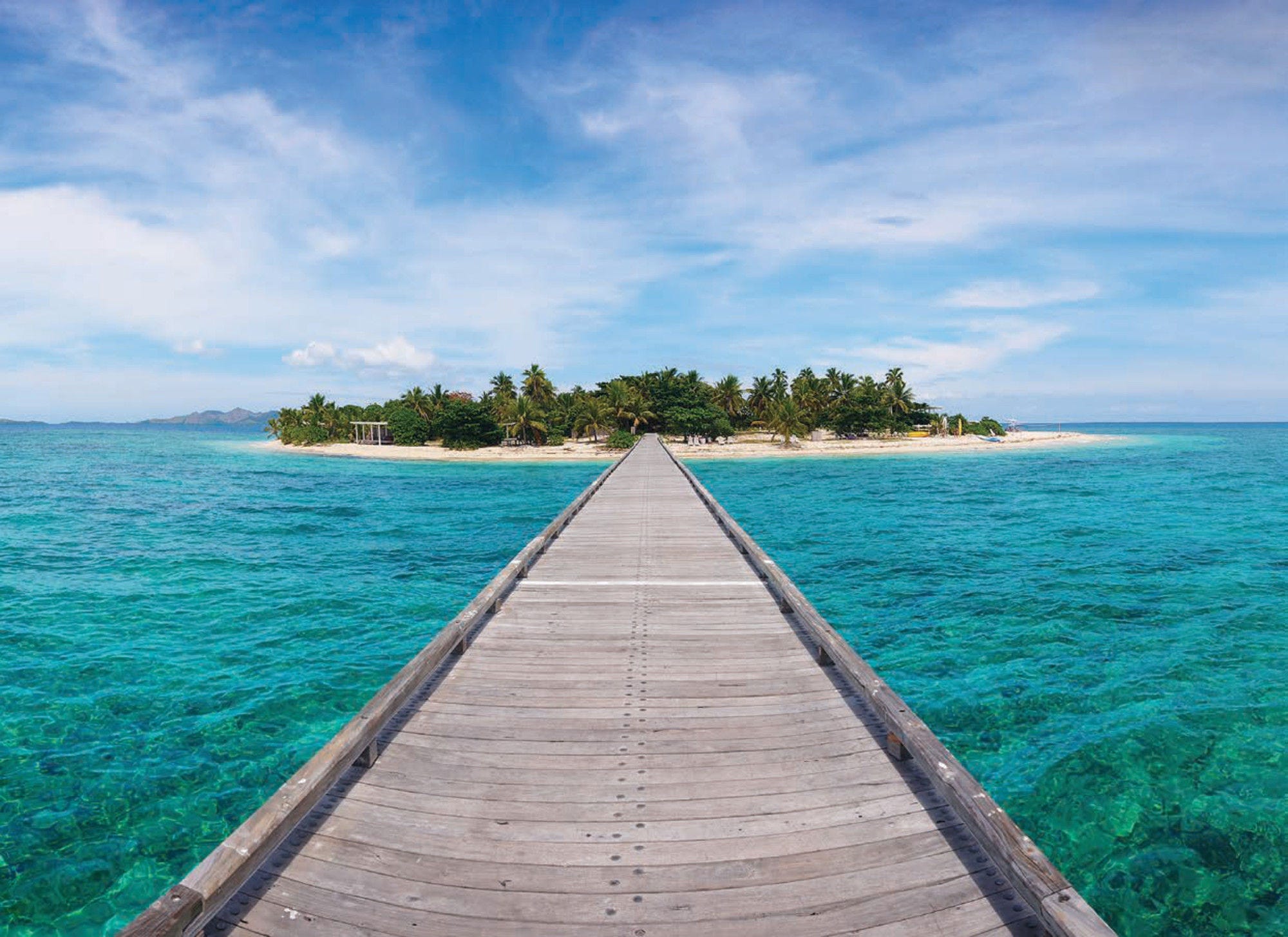The bulk of Fiji’s economic activity depends on the ocean. Tourism, fisheries and maritime transportation are Fiji’s largest ocean economy sectors. Tourism alone accounted for 38.9% of Fiji’s gross domestic product (GDP) and 35.5% of employment prior to COVID-19. More than 90% of tourist attractions are maritime- or coastal-based. The tourism sector supports numerous other industries, such as transport and agriculture, although linkages could be further strengthened. Moreover, as an archipelago, Fiji relies heavily on maritime transportation, ports and other coastal infrastructure to trade goods and to ensure inter-island mobility of Fijians and tourists. Other critical sectors of Fiji’s ocean economy are fisheries and aquaculture. The fisheries sector is Fiji’s third largest export earner and is responsible for the livelihoods of a significant share of Fiji’s population.
Unsustainable use of natural resources and climate change are threatening economic and social prosperity. Fiji is located in the tropical cyclone belt, which exposes it to tropical storms, rising sea levels, floods and landslides. Every year, cyclones and floods cause substantial damages and estimates suggest that Fiji’s annual losses due to extreme weather events could reach 6.5% of GDP by 2050. Other climate change impacts on Fiji’s coastal and marine ecosystems include changing weather patterns, coral bleaching, and changing fish migratory patterns. Together with overfishing, these challenge the prospects of the country’s fisheries sector. Coastal erosion and sea-level rise due to climate change are leading to permanent community relocations. Since 2014, seven communities have been fully or partially relocated due to climate change impacts.
The COVID-19 crisis affected Fiji’s economy particularly hard, stressing the need for a sustainable diversification of the economy and more sustainable use of its resources. Heavy dependence on tourism and low economic diversification made the 2020 economic contraction the largest in Fiji’s modern history. GDP fell by 15.7% in 2020 and the debt to GDP ratio reached 80% in 2019, up from 43.5% in 2017. Job losses and reduced hours affected at least one-third of Fiji’s labour force, more in the tourism sector. Since hotels and resorts represent an important share of the local demand for fish, the halt in tourism significantly affected employment in aquaculture, fisheries and transportation. Fiji’s exports of fresh fish were also deeply affected by the rise in freight costs and the reduction in airfreight options. Lockdowns in major export markets also depressed international demand. In addition, three tropical cyclones hit the country; one was the strongest ever recorded in the Pacific.
